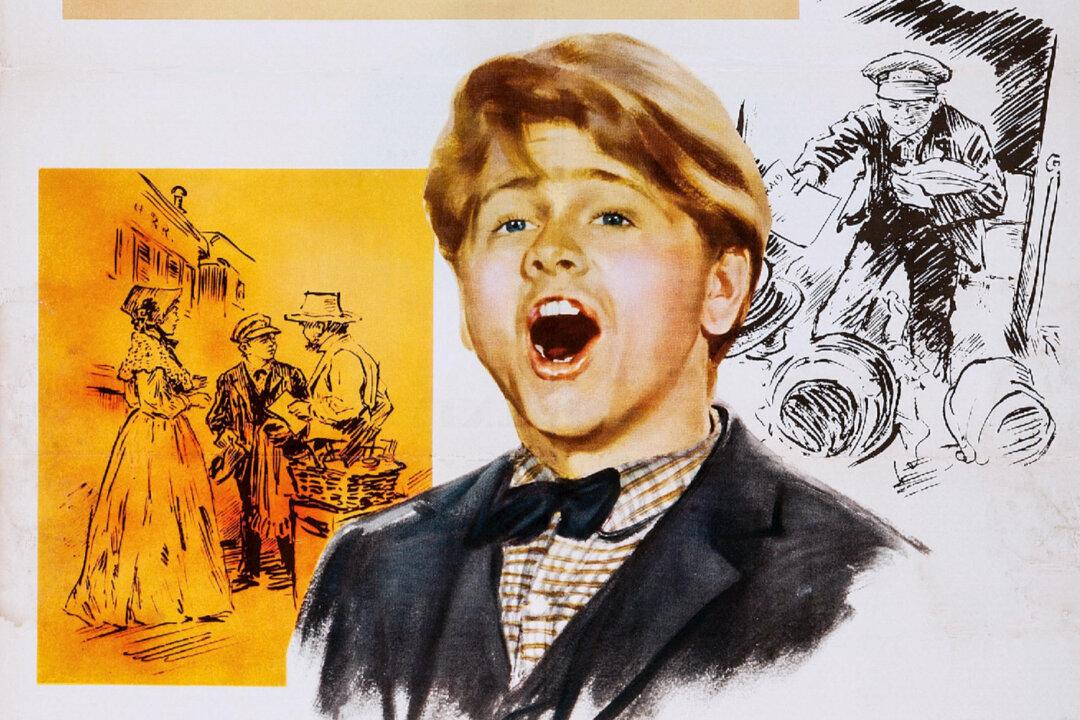According to recent statistics, 1 in every 36 children in the U.S. is diagnosed with some form of autism. It seems nearly every person you meet is “on the spectrum.” Many of these people just seem to view things a little differently or be unusually intelligent. A lot of their odd traits seem like learned behaviors. Isn’t it odd that the rates have gone up so much in the past few years? Many would argue that it just wasn’t diagnosed before. Isn’t it possible that we’re now diagnosing too much? Think of all the geniuses throughout history. Many of them seem to have been a little crazy. They saw the world differently and were often so prodigious that they struggled in school, since it was beneath their intellect. One such person was the famed inventor Thomas Edison.

Poster for the 1940 film "Young Tom Edison." Public Domain
Commentary




